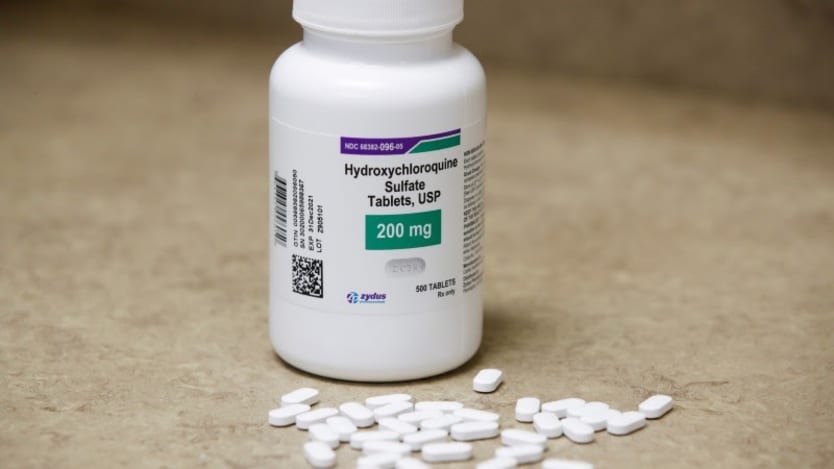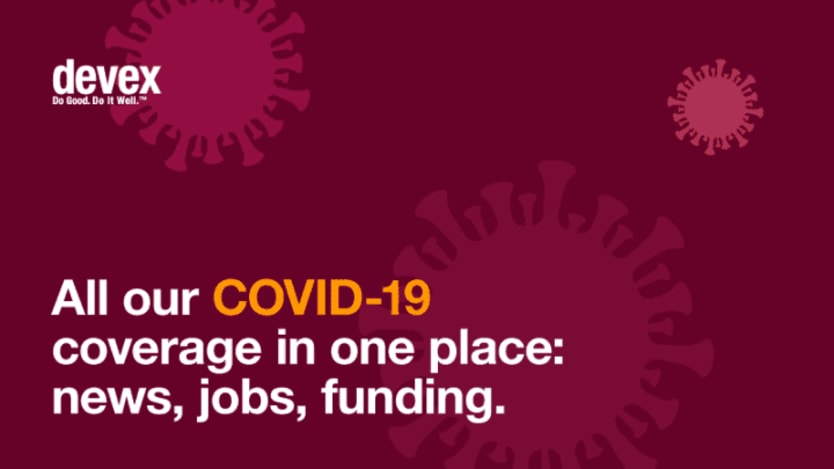
A World Health Organization panel of international experts has strongly advised against the use of hydroxychloroquine to prevent coronavirus infection, and has recommended funders and researchers to reconsider trials concerning the drug, saying it is “no longer a research priority.”
The decision is based on “high certainty evidence” from six randomized controlled clinical trials involving over 6,000 participants with and without exposure to COVID-19. The drug had no significant effect on the prevention of death or hospitalization, and on laboratory-confirmed infection of SARS-CoV-2, the virus causing COVID-19 disease, according to the experts’ recommendation, published in the BMJ medical journal.
Why it matters: Hydroxychloroquine has received huge research interest amid the COVID-19 pandemic, even after WHO removed the drug from its large-scale global clinical trials, and the U.S. Food and Drug Administration revoked its emergency use authorization as a COVID-19 treatment. The argument was that the drug may still be useful as a prophylaxis.
Over 80 trials using hydroxychloroquine or chloroquine as a prophylaxis are registered or ongoing, according to the panel. But they felt further research was unlikely to uncover benefits from using hydroxychloroquine as a prophylaxis given the “consistent results” of completed trials to date.



